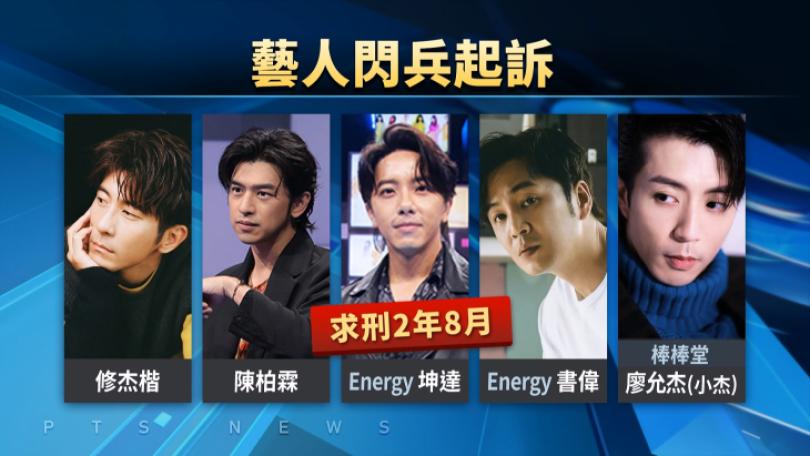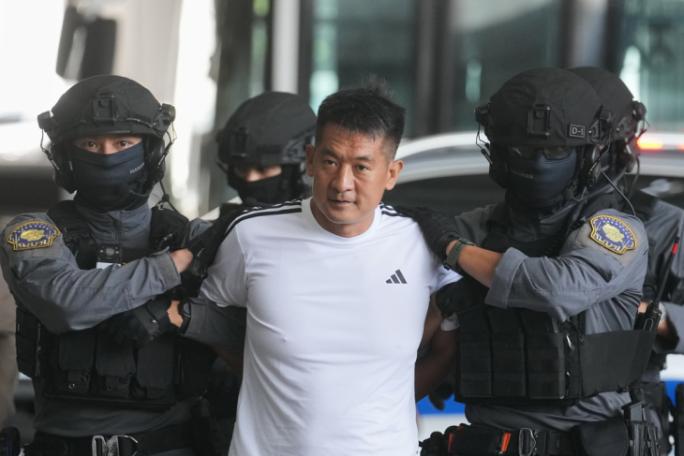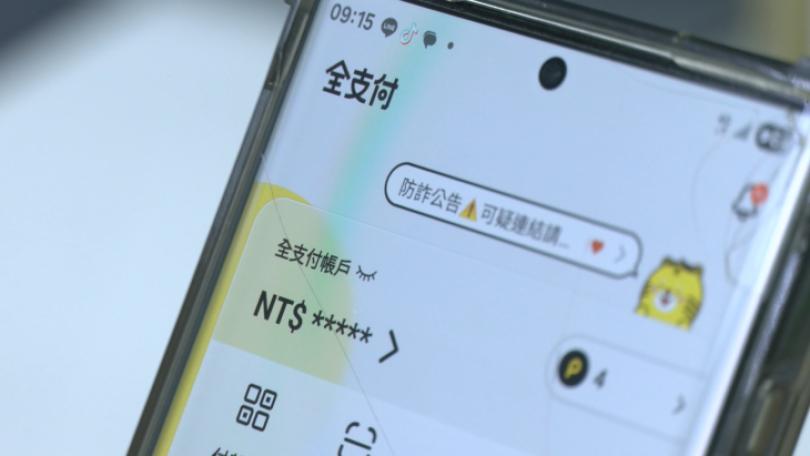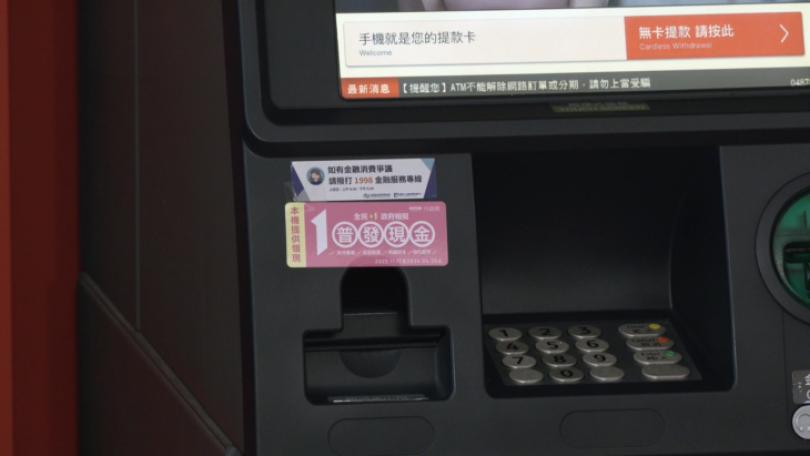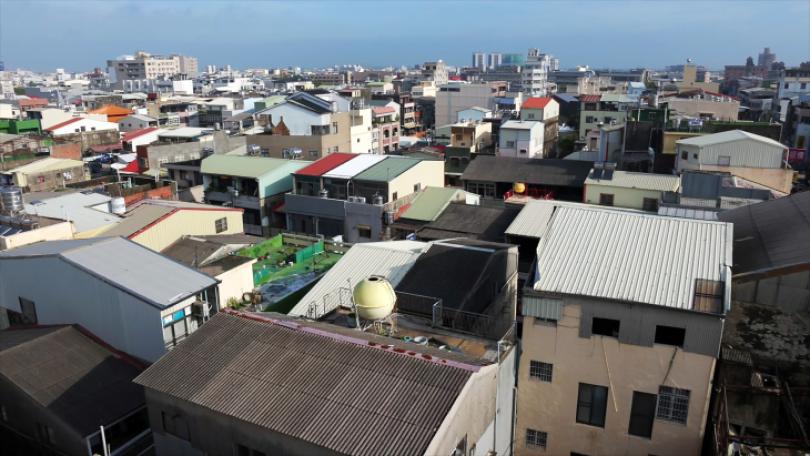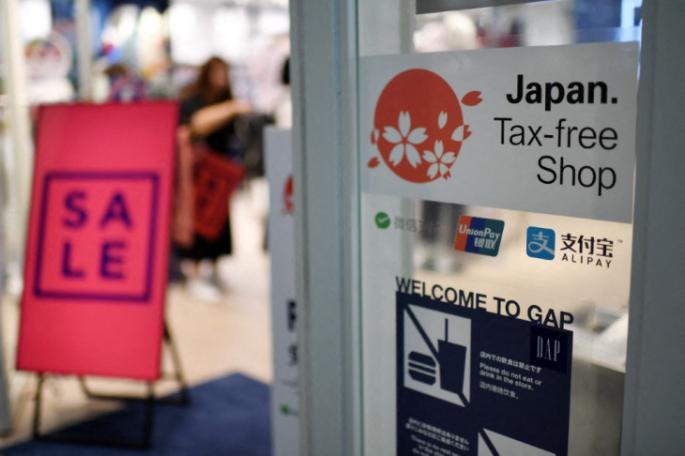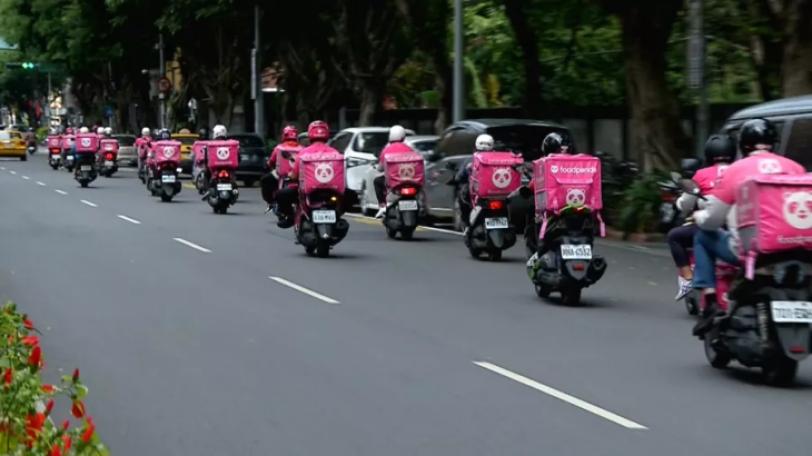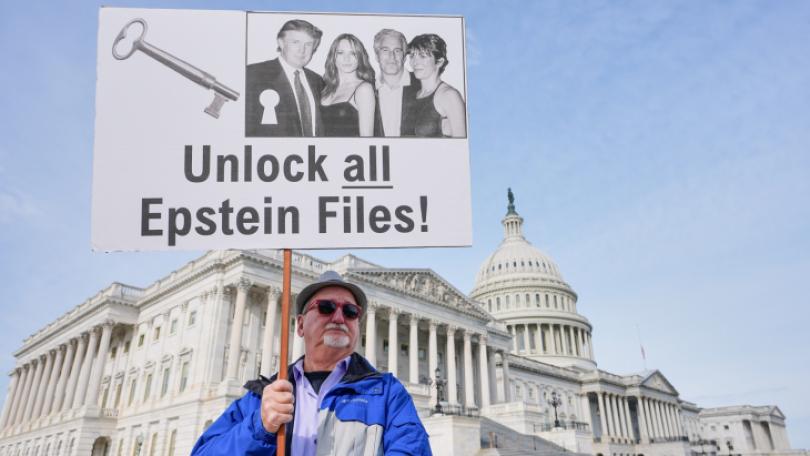Lai's Visit as Highest-ranking Gov't Official Since 1972 賴清德悼安倍 37年來赴日最高層官員
A funeral was held for former Japanese Prime Minister Shinzo Abe on July 12. Vice President William Lai arrived in Japan on July 11 and went to the Abe residence to offer his condolences, becoming the highest-ranking government official to set foot in Japan since Tokyo severed diplomatic relations with Taipei in 1972.
Vice President William Lai arrived in Japan on July 11 to pay his respects to former Japanese Prime Minister Shinzo Abe, who was assassinated on July 8. Lai was accompanied by Representative to Japan Frank Hsieh as he arrived at the Abe residence to offer his condolences to the Abe family. He also attended the funeral on July 12. According to reports, Lai is in Japan as a "friend" of the Abe family. His presence was supposed to be a secret, but he was caught on camera by the Japanese media. The director of newspaper Sankei Shimbun's Taipei Branch said the Japanese government abruptly issued Lai a visa to enter. He is the highest-ranking government official to set foot in Japan since Japan severed diplomatic relations with Taiwan in 1972, so this has been viewed as a major diplomatic breakthrough that will incite the ire of China.
Akio Yaita, Director, Sankei Shimbun's Taipei Branch: “China was really caught off guard by Vice President William Lai's visit. It of course will be very dissatisfied.”
Joanne Ou, Spokesperson, Ministry of Foreign Affairs: “Vice President Lai is on a private trip, so the Ministry of Foreign Affairs has no other information for further explanation or comment. We will maintain close contact with Japan. If there are other specific matters that we need to share, the Ministry of Foreign Affairs will offer an explanation in due course.”
Scholars say Lai is keeping a low profile on this trip and there are practically no quasi-official meetings. Both Taiwan and Japan are deliberately moving in the gray zone to avoid affecting Sino-Japanese relations and cross-strait relations.
Ho Szu-shen, Professor, Dept. of Japanese Language & Culture, FJU: “If the vice president can go, can the premier go? Can the vice premier go? Can the foreign affairs minister go? If it's like this, then of course it's a breakthrough. If this is only an isolated incident specifically for Abe's funeral, then we will have to continue making a big effort on future Taiwan-Japan exchanges.”
Lee Teng-hui stopped over in Japan in 1985 while serving as vice president on his way back to Taiwan from Uruguay. Former Vice President Annette Lu gave a speech in Japan after leaving office. President Tsai Ing-wen visited Abe's brother Kishi Nobuo in Japan in 2011 and 2015 as a presidential candidate and secretly met with Abe. Lai previously visited Japan and shared a meal with Nobuo while seeking his party's nomination to run for president.
在駐日代表謝長廷的陪同下,副總統賴清德11日低調赴日,弔唁遇刺身亡的日本前首相安倍晉三,並計畫出席12日喪禮。據悉,賴清德是以家屬親友身分前往上香,行程原本保密到家,因日媒拍到畫面才曝光。產經新聞台北支局長矢板明夫指出,日本政府突然發給賴清德訪日簽證,是1972年台日斷交50年以來,重大外交突破,勢必引來中國的激烈抗議。
產經新聞台北支局長矢板明夫分析:「對於賴清德副總統的出訪,確實給中國一個嚴重的措手不及,(中國)當然會有非常強烈的不滿。」
外交部發言人歐江安回應:「由於是賴副總統他的私人行程,外交部我們這邊沒有其他的訊息來進一步說明或者是評論,後續我方會跟日方來保持聯繫,如果有其他的具體事項需要分享的話,外交部另外會再適時做說明。」
學者分析,賴清德此次赴日弔唁相當低調,幾乎沒有準官方的拜會行程,台日都遊走在灰色地帶,不希望對中日關係造成太大的衝擊,也要避免在兩岸關係引起不必要的問題。
輔大日文系特聘教授何思慎指出:「如果副總統可以去的話,行政院長可不可以去?行政院副院長可不可以去?外交部長可不可以去?如果是這樣的話,當然就是突破,如果這只不過是一個個案,然後是因為安倍的喪禮,在未來的台日的交流上面,我們該努力的地方還是有很多。」
過去台灣高層訪日,李登輝1985年曾以副總統身分,自烏拉圭返國途中訪問日本,前副總統呂秀蓮也在卸任後受邀訪日演講,蔡總統則曾在2011年、2015年以總統參選人身分,赴日拜會安倍胞弟岸信夫、密會安倍晉三,賴清德過去曾在爭取黨內總統初選提名時,訪日並則曾與岸信夫餐敘。

